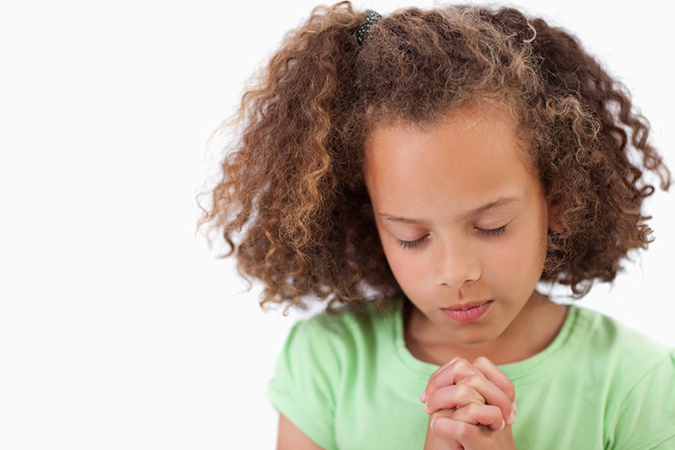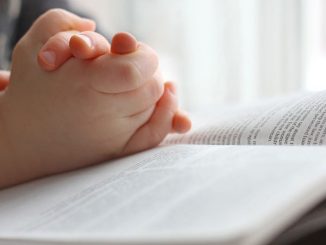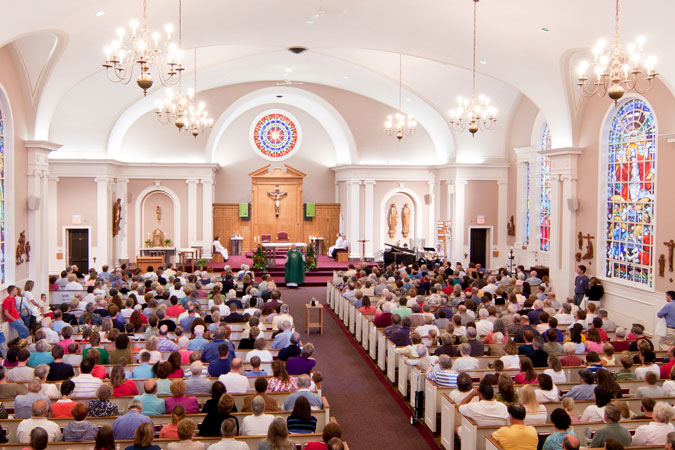
I’ve shared before how I introduce my second graders to a variety of prayer experiences. However, my favorite prayer experiences with them are guided reflections.
In a guided reflection, I lead the children step-by-step to imagine meeting Jesus, talking with him, and listening to him. I’m thankful that my God’s Gift books include guided reflections paired to several of our lessons. Finding God: Our Response to God’s Gifts also includes guided reflections at every grade level.
Prepare children for the guided reflection by using clear instructions. I’ve learned that this is critical. When we were able to meet in-person, I encouraged them to position themselves around the room and sit on the floor or rug, not at their desks. Because they were more comfortable leaning against a wall, a location that was always very popular was in corners formed by the walls of the room or made by bookcases or other pieces of furniture. I learned to tell the children not to position themselves under or behind anything. I also told them to spread out and have ample personal space so that they were not near each other. I did a visual check after everyone had found a place and asked them to readjust if necessary, separating children who were sitting too close together. I let them take whatever posture they wanted. Some sat, while others laid down on their backs or stomachs.
I then play some reflective music—a mood-setter that works as well online as in-person. The God’s Gift program comes with music that works beautifully. Music helps set the mood, and it lets the children know that we are doing something special. When we were in-person, depending on the time of year—if it was spring or fall and still light outside—I sometimes turned off the classroom lights. I encourage the children to close their eyes, but I don’t say they have to do so.
To begin the prayer, I ask the children to focus themselves and take several deep breaths. I have learned to be very specific that taking a deep breath silently means “without making any noise breathing in and without making any noise breathing out.” Second graders are not shy about trying to make loud and silly noises when taking deep breaths. Of course, in online sessions, the mute feature allows us to avoid extra noises.
One might not expect that a bunch of active children can quietly pray for ten minutes, and the truth is, it doesn’t always work. I’ve had to stop from time to time when more than a few children did not settle in to quietness. Maybe I had not prepared them enough, or maybe they had been sitting too long before we started. I chose to stop rather than have an experience that wasn’t prayerful.
But there have been many peaceful, prayerful reflections. After every reflection, at least one child will ask, “Can we do this again?” Or at our next session, one of my students will ask me, “Can we do that prayer thing again?” Once a boy said, “This was fun.” I understood him to mean that it was a good feeling for him.
I am always seeking ways to encourage my students in prayer and help them build a relationship with Jesus. Guided reflections are one of the best ways to do that.
How do you encourage children to pray? How do you help them build a relationship with Jesus?
Finding God Spoken Word Albums include guided reflections and are available for digital download to use with any curriculum program.





Be the first to comment